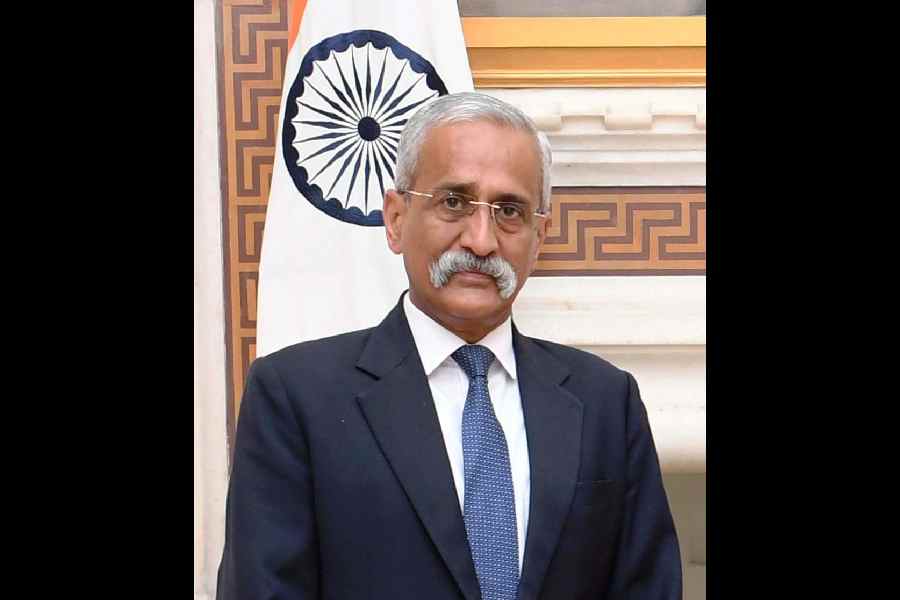The Centre has appointed former deputy national security adviser Pankaj Kumar Singh as “interlocutor and government representative” on the issues of “Darjeeling, Dooars and Terai”.
The BJP-led Centre’s move comes months ahead of the Bengal Assembly elections, at a time when two of its key promises to the hills remain unfulfilled. These are a “permanent political solution” for the region, and the grant of tribal status to 11 Gorkha communities.
Various groups in the Darjeeling hills have down the decades demanded statehood or autonomy as well as special status under the Sixth Schedule, for which having a tribal majority is considered important. Tribal status for 11 Gorkha communities is expected to fulfil this requirement.
It’s unclear what Dooars and Terai issues Singh, a retired IPS officer, is expected
to tackle.
The BJP has won the Darjeeling Lok Sabha seat continuously since 2009, but has been facing dissent even from some of its allies in the hills over the stalemate on the twin issues of territorial and tribal status.
On Friday, the BJP’s allies in Darjeeling — Bimal Gurung’s Gorkha Janmukti Morcha and Mann Ghisingh’s Gorkha National Liberation Front — welcomed Singh’s
appointment.
Darjeeling MP and BJP leader Raju Bista said “the BJP-led NDA government has addressed and resolved many contentious issues confronting the nation”.
As interlocutor, Singh’s rank will be equivalent to that of a central government secretary.
According to the terms of reference, Singh will take the dialogue forward and recommend measures for “social economic upliftment, cultural recognition, preservation of cultural heritage of Gorkhas in the region and address their aspiration within the constitutional framework of the country”.
The Bharatiya Gorkha Prajatantrik Morcha (BGPM), an ally of the Trinamool Congress that controls the Gorkhaland Territorial Administration and the municipalities and panchayats in the hills, dismissed the Centre’s latest move.
“The move is nothing but an eyewash to hoodwink the Gorkhas ahead of votes (2026 Assembly polls),” its spokesperson Keshav Raj Pokhrel said.
He said the political leadership at the Centre was well aware of Darjeeling’s issues and there was no need to appoint a government official to take the dialogue forward.
“Union home minister Amit Shah had come to Darjeeling in 2021 and said he was aware of all the issues of Darjeeling,” Pokhrel said.
This is not the first time the Centre has appointed an interlocutor on Darjeeling.
In 2009, the Congress-led UPA government had appointed Lt Gen. (retd) Vijay Madan as interlocutor to facilitate talks between the Centre, statehood agitation spearhead Gorkha Janmukti Morcha, and the then Left Front government in Bengal.
Madan held a few meetings with the stakeholders but things did not move much. He resigned in 2011, months before the Bengal Assembly elections.
He had then told The Telegraph: “With the Assembly elections round the corner, there is no possibility of some dramatic announcement. I have tendered my resignation as I did not want to hang around uselessly.”
Many observers in the hills believe that resolving the Darjeeling issue is more about “political will” than further talks.
Bimal Gurung has during the past few months hinted that the Centre would come up with a model similar to that of the Bodoland Territorial Region (BTR) of Assam.
The BTR, administered by the Bodoland Territorial Council, has been brought under the Sixth Schedule and consists of five Assam districts.










